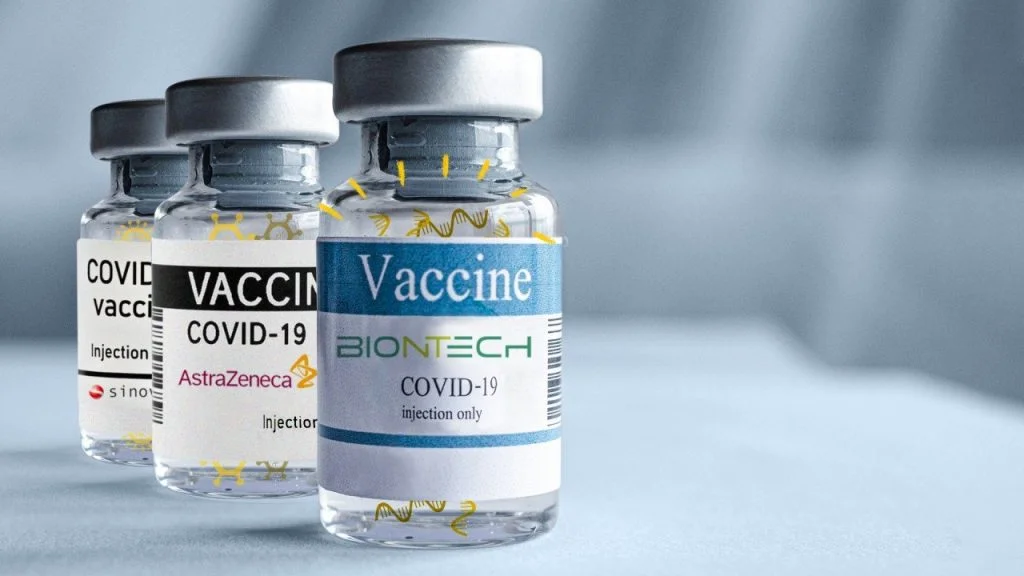As the globe continues to fight COVID-19 and its new forms, researchers in India have proposed a novel technique that could speed up vaccine delivery in future pandemics. The technique combines blockchain and UAVs and 5G communication services.

Ashwin Verma of the Nirma University Institute of Technology in Gujarat, India, and colleagues tackled the new VaCoChain vaccine delivery strategy in a new work published in the IEEE Journal of Biomedical and Health Informatics on Aug. 13.
VaCoChain
VaCoChain combines blockchain technology, which underpins cryptocurrencies such as Bitcoin (BTC) and Ethereum (ETH), with unmanned aerial vehicles (UAVs) that use fifth-generation (5G) communication services to ensure vaccines are delivered on time.
The novel approach, according to the researchers, can be used to give vaccines at a time when countries throughout the world are still struggling to safeguard their citizens from the COVID-19 virus. VaCoChain can also be utilized in future pandemics, according to the researchers.
VaCoChain, according to Verma and colleagues, can speed up vaccine transmission, which is critical for the urgent prevention of subsequent infections.
“The scheme offers 5G-tactile internet (5G-TI)-based services for UAV communication networks (UAVCN) monitored through ground controller stations (GCs). 5G-TI enabled UAVCN supports real-time dense connectivity at ultra-low round-trip time,” the researchers wrote. ”Thus, it can support resilient vaccine distributions in a phased manner at government-designated nodal centers (NCs) with reduced round trip delays from vaccine production warehouses (VPW).”
According to the researchers, the approach can reduce human intervention and assist ensure that vaccines are in good condition due to reduced travel periods.
Some of the vaccines now being used to combat the COVID pandemic must be stored at a very low temperature and are only effective for a short time.
Better documentation with blockchain
The adoption of blockchain technology can improve vaccination documentation while also making data more transparent and easier to track.
Smart contracts, which are blockchain-based programs that can execute independently whenever predetermined criteria are satisfied, are also used in the process.
Smart contracts, according to the researchers, can be used to form vaccination priority groups depending on age and whether or not people work in healthcare.

